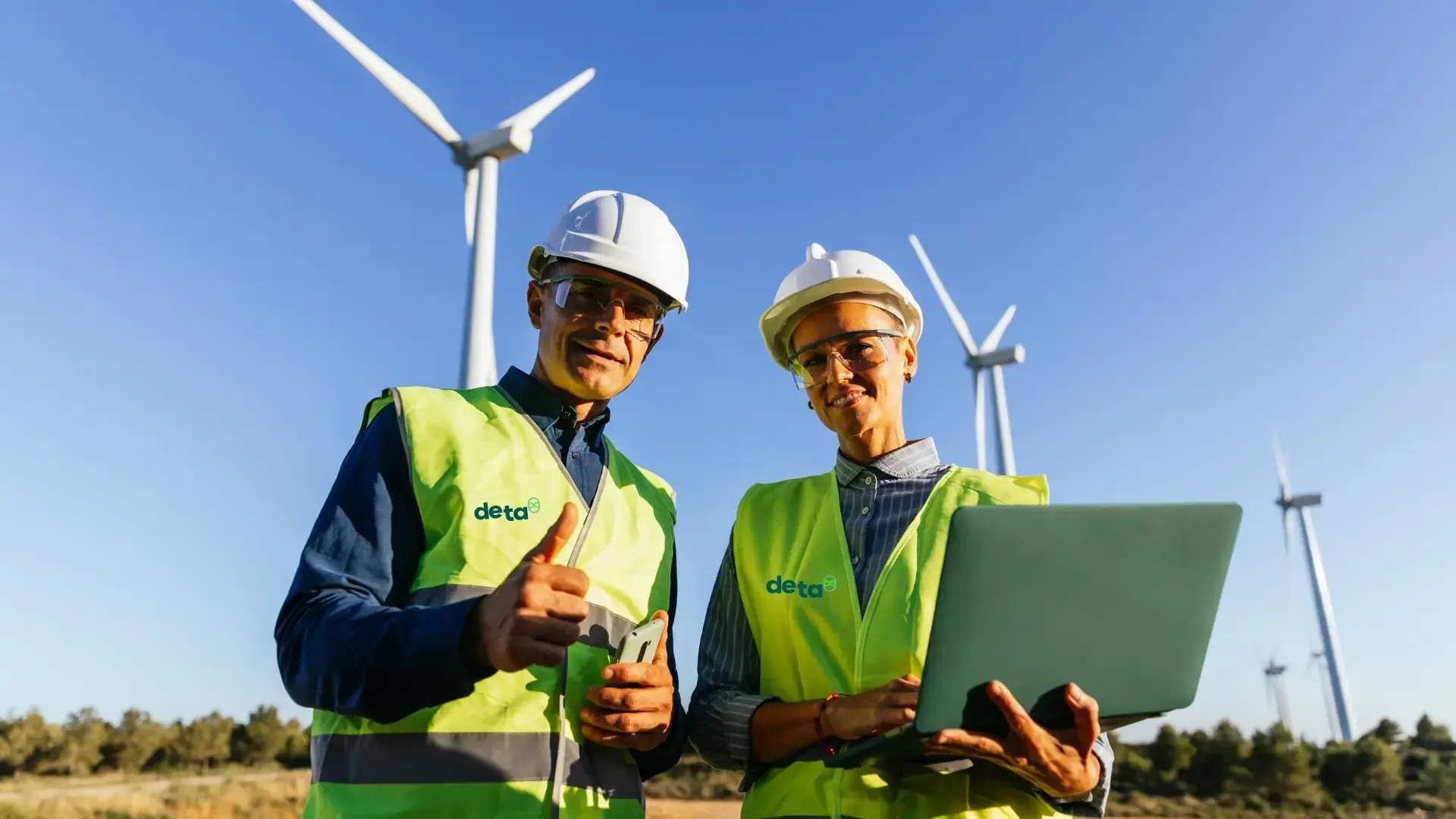Ravensdown Dosing System and Tank Replacement
Ravensdown
Dosing System and Tank Replacement
6 pH Maintained At All Times
Problem
The Ravensdown Dunedin plant would have periods of time where they would have to report low pH of their discharged stormwater. These low spikes were due to acid spills or run off being rinsed off by rain water into the storm water system. Ravensdown were not required by consent to pH correct this stormwater but felt it was part of their licence to operate and therefore responsibility to ensure only neutralised water was exiting the plant.
Solution
Initially, DETA developed the dosing design and then business case with local contractors. DETA worked to design the simplest possible solution that would achieve the brief of only pH neutral water exiting the site. DETA engaged with site staff from management to operations to ensure that all points of view were considered. The business case was submitted by Ravensdown and approved late in 2017. Upon approval of the business case DETA offered to complete the project as a turn key solution. This was beneficial to Ravensdown as it removed extra administration work required to track the project and send PO’s to contractors. DETA took full responsibility in procuring the required equipment and scheduling the contractor work. DETA worked with Ravensdown employees to oversee the commissioning and first week’s operation of the system to ensure the pH correction was working as required.
Outcome
The project was delivered on budget and had a smooth installation due to regular contractor communication. With a strong involvement from Ravensdown’s process engineers and buy in from contractors the sites stormwater has not dropped below a pH of 6 since the commissioning of the project. With continued results Ravensdown will be able to report positive water quality for the foreseeable future. As part of the project DETA also replaced the caustic tank with a HSNO certified one to meet ongoing HSE and compliance requirements.





